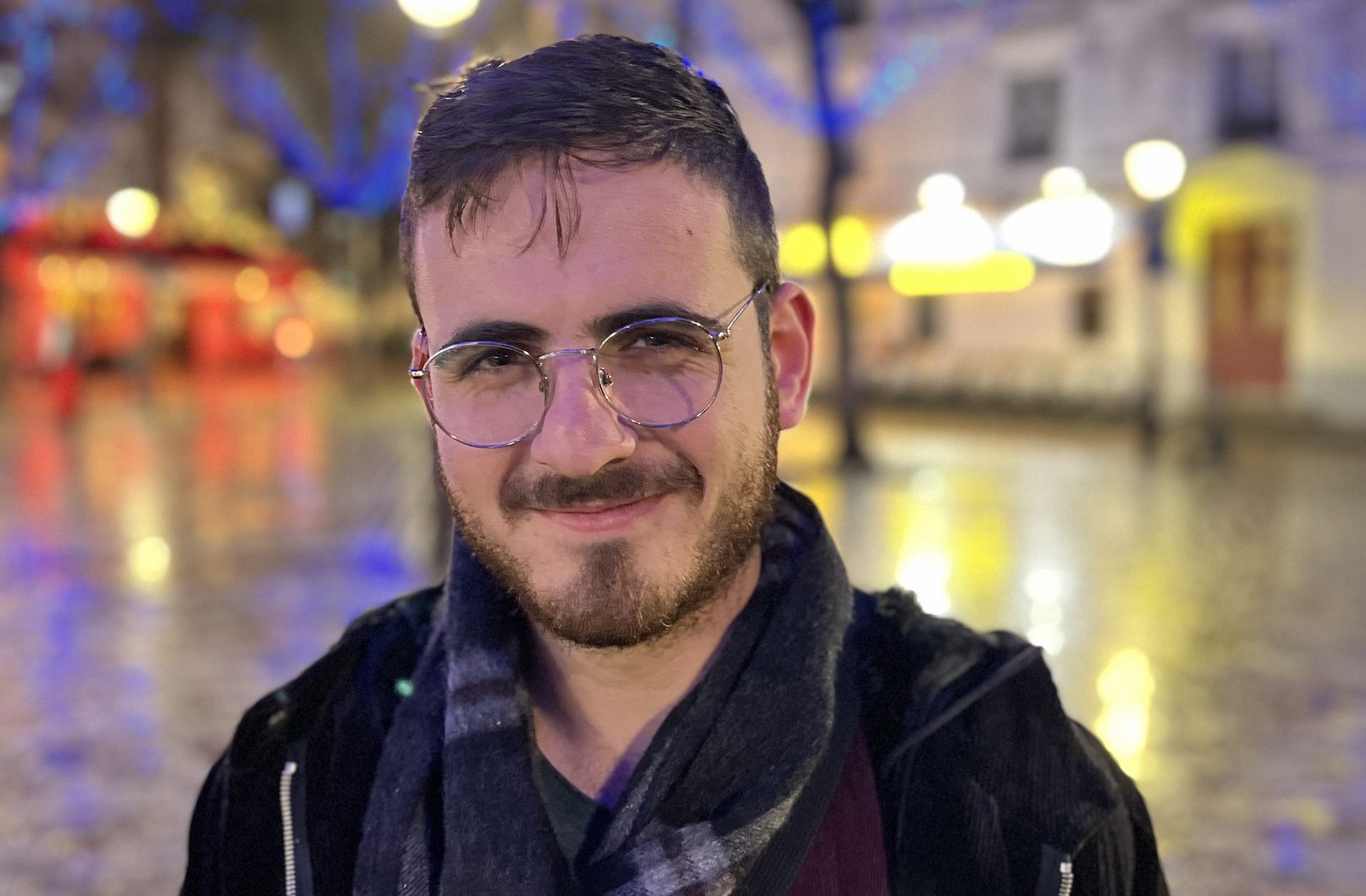"הטכניון וההשכלה שתוכלו לרכוש בו מייצגים את האור"
כ-700 תלמידות תיכון מצטיינות מרחבי הארץ השתתפו באירוע TechWomen 2025 בטכניון

כ-700 תלמידות תיכון מצטיינות מרחבי הארץ השתתפו באירוע TechWomen 2025 בטכניון

חוקרים מהפקולטה לביולוגיה בטכניון יפתחו גישה חדשה למאבק במחלות זיהומיות במסגרת המאגד האירופי NanoBiCar. זהו ניסיון ראשון להשתמש במולקולות mRNA לשחפת ומחלות חיידקיות אחרות נוכח הבעיה הקשה של עמידות חיידקית לאנטיביוטיקה

חוקרים בטכניון פיתחו טכנולוגיה לקידוד, שחזור וקריאה מהירה של מידע המאוחסן ב-DNA

חן דוידוב, שהשלים תואר ראשון בפקולטה למדעי המחשב ע"ש טאוב וכעת שוקד שם על התואר השני, נבחר לרשימת Rhodes Scholars לשנת 2025.

100000
בוגרים
18
פקולטות
15000
סטודנטים
60
מרכזי מחקר
ברחבי הקמפוס